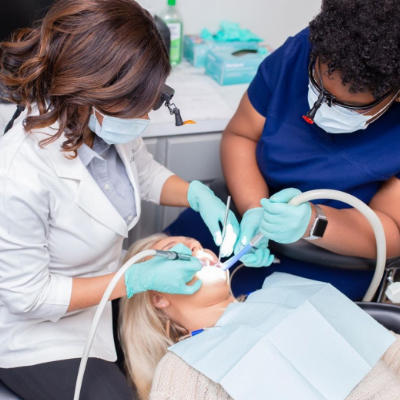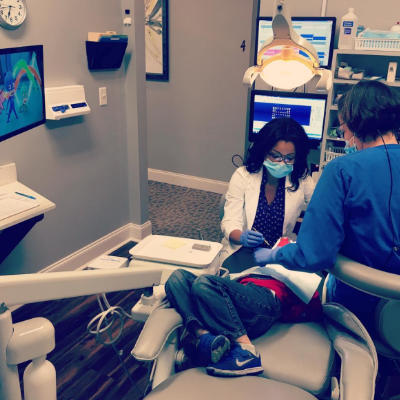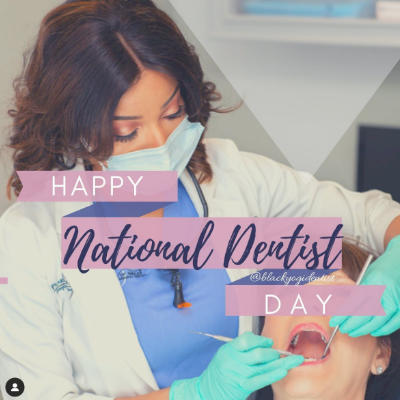
Chances are you have experienced a bump on your tongue at one time or another. These annoying and sometimes painful little bumps can develop on your tongue for all kinds of reasons. It could be something as simple as biting your tongue accidently or it could be an indicator of something more serious. If your tongue bump does not go away on its own, you should have it examined by your dentist.
Your taste buds cover the surface of the tongue. There are four types of these natural bumps, which are called papillae:
- Filiform papillae are on the center and back of the tongue.
- Fungiform papillae are on the sides and tip.
- Circumvallate papillae are at the back.
- Foliate papillae are right in front of the circumvallate and on the sides of the tongue.
The largest of these natural bumps are the circumvallate and foliate papillae. Irritation or inflammation can cause these bumps to get larger than usual. Transient lingual papillitis is the condition of swollen or inflamed papillae. Irritation can be caused by certain foods or chemicals or even an accidental bite.
There are several other causes of transient lingual papillitis as well. Among them are nutritional deficiencies, smoking, alcohol consumption, plaque buildup or irritation caused by dental appliances. Fortunately, lingual papillitis is temporary and usually clears up without any type of intervention.
Blisters, ulcers and lumps can appear on the tongue as bumps also. These may be caused by canker sores, bacterial infection, oral herpes, allergies, disorders of the immune system or oral cancers. A tongue bump should be examined by a dentist if it is not clearing up, hard or has an unexplained white or red area. Any unusual bumps should be examined as soon as possible to rule out any serious problems like oral cancer.
Preventing Tongue Bumps
It can be difficult to stop an accidental bite to the tongue but chewing your food carefully and wearing a mouth guard while playing sports can help. Certain foods that cause irritation to your tongue should be avoided. Brushing your tongue when you brush your teeth should be included in your oral hygiene routine.
When Do Tongue Bumps Require Treatment?
Generally, tongue bumps do not require any special treatment. Keeping your mouth moist by drinking plenty of water and rinsing with salt water will help the healing process. You can also purchase over-the-counter treatments such as oral gels or mouth ulcer medications which will numb the area. If the bumps do not heal within a reasonable amount of time or become worse, you should see a dentist.
Most tongue bumps are harmless even though they may be painful and they resolve on their own within a week or two. If you have concerns, schedule an appointment with Mint Dental. We are here to help with all your oral health needs.






